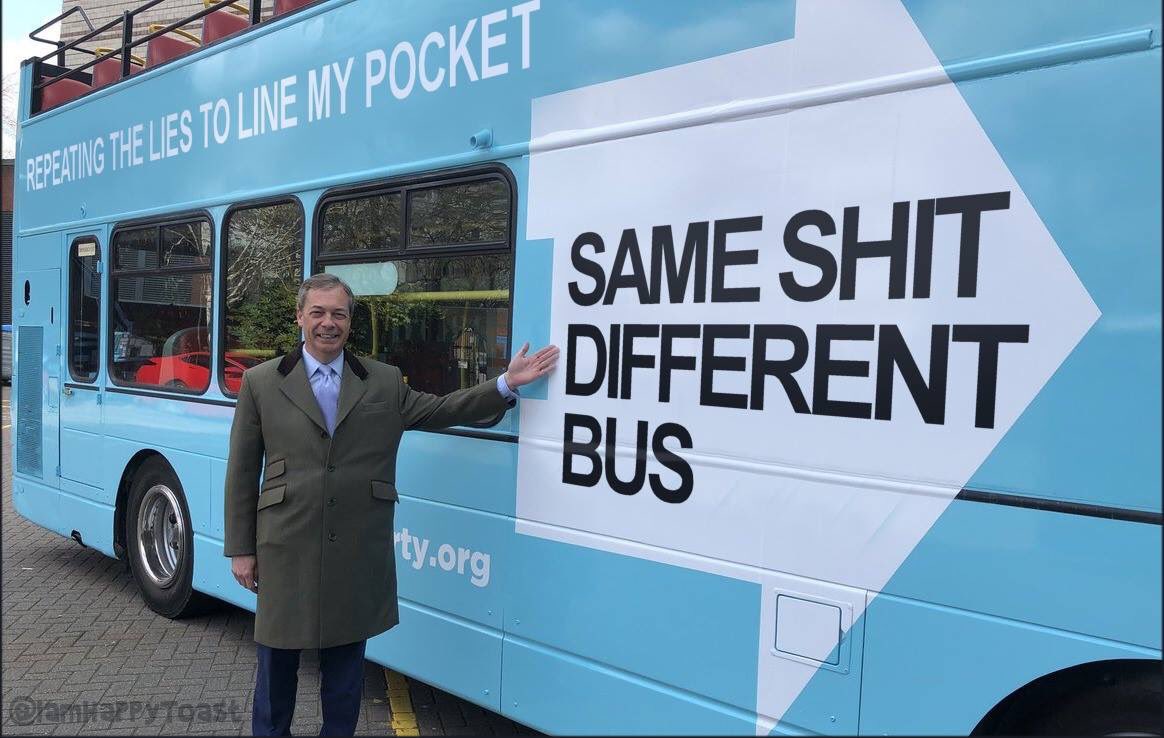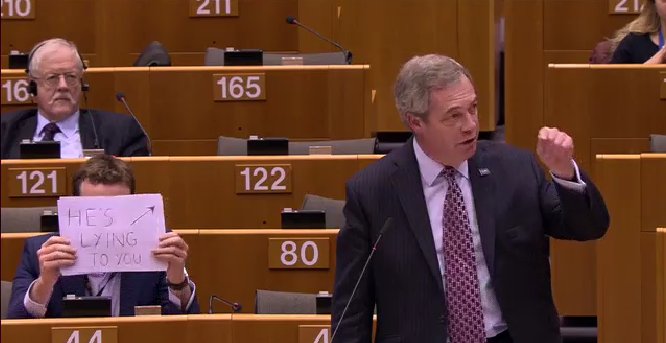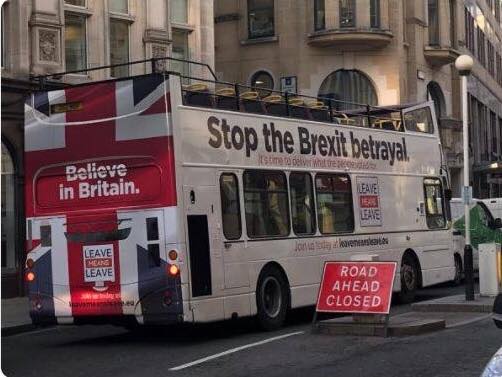en.wikipedia.org/wiki/2015_Unit…
At the 2017 General Election - post-referendum - Farage was no longer UKIP leader and the party received just 1.8%:
en.wikipedia.org/wiki/2017_Unit…
In how many seats will the Brexit Party even run? How many candidates will they pull?
First, *how* do they want to help the Tories?
Do they want to make the Tories more Brexit-y? Or do they want to help the Tories to win? Or both?
Related to this:
First, Chingford & Woodford Green
MP is Tory hardliner Iain Duncan Smith
49.9% voted Leave
Labour in 2nd place, marginal
en.wikipedia.org/wiki/Wimbledon…
MP is soft Tory Stephen Hammond who just got the whip back
Only 29.4% Leave
Labour in 2nd place
en.wikipedia.org/wiki/Wimbledon…
MP is Labour - Melanie Onn
71.4% voted Leave
Tories in 2nd place
25% voted UKIP in 2015
en.wikipedia.org/wiki/Great_Gri…
It would help Duncan Smith hold Chingford, help Hammond hold Wimbledon, and (by not splitting the pro-Brexit vote) help the Tories win Grimsby
It is heavily Remain, so might swing to the Liberal Democrats anyway. And Hammond is a pragmatist (he voted for the Benn Act), so getting rid of him might make the Tories more Brexit-y
A quarter of the votes went to UKIP in 2015, one of the party's strongest results. Would Farage really dare stand down a candidate there?
What % of those go to the Conservatives? (Probably more in ex-Tory Leave areas than ex-Labour Leave areas) And what percentage simply stay home?
bbc.com/news/uk-politi…
Faced with a Tory-Brexit Party pact of sorts, will that focus minds for a Lib Dem-Green pact, or even expand that to include Plaid Cymru, SNP, even some Labour?
But the most important priority to understand this election just now is to get clarity about Farage's intentions. Because whatever he decides to do can - like it or not - have pretty major implications!
/ends















